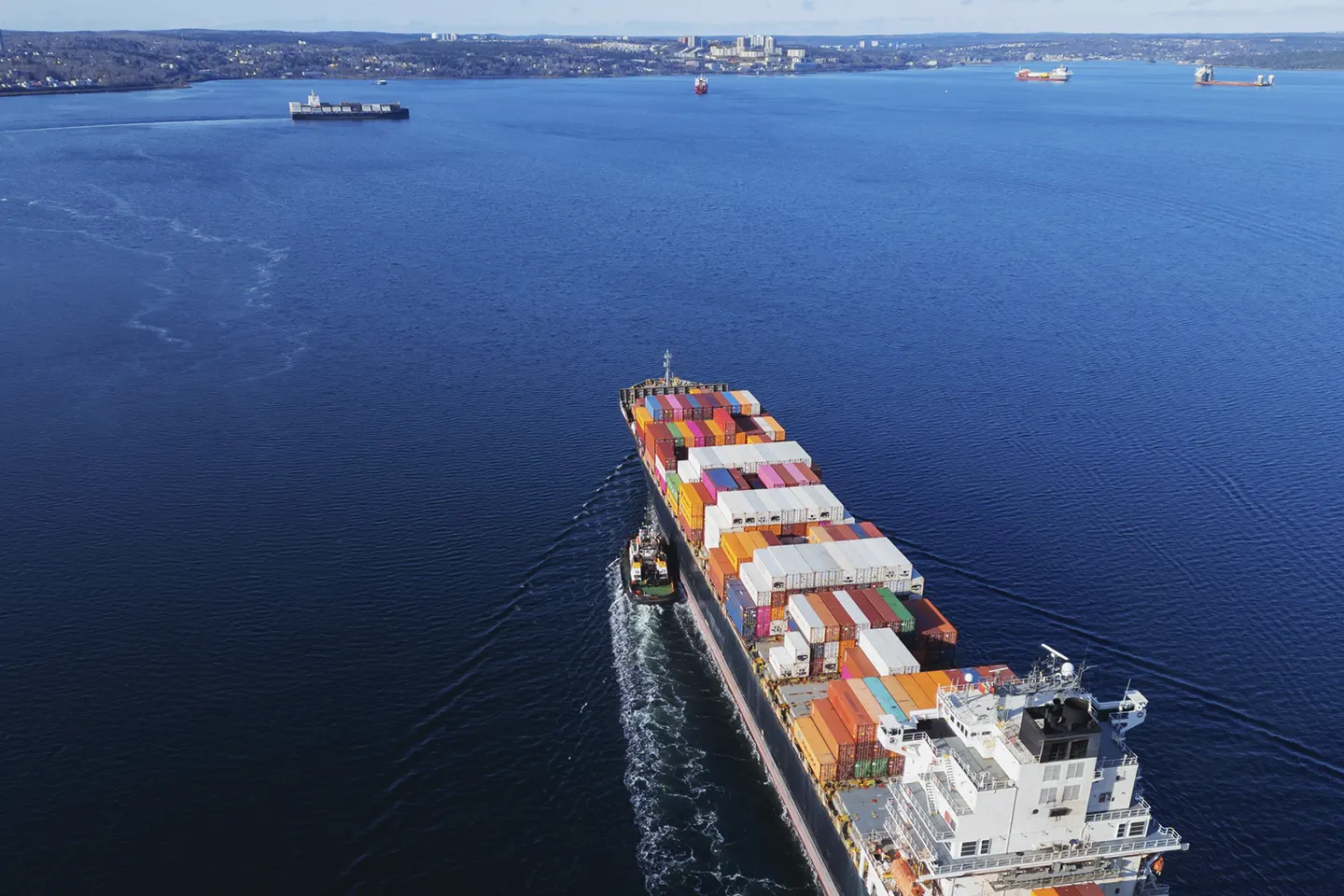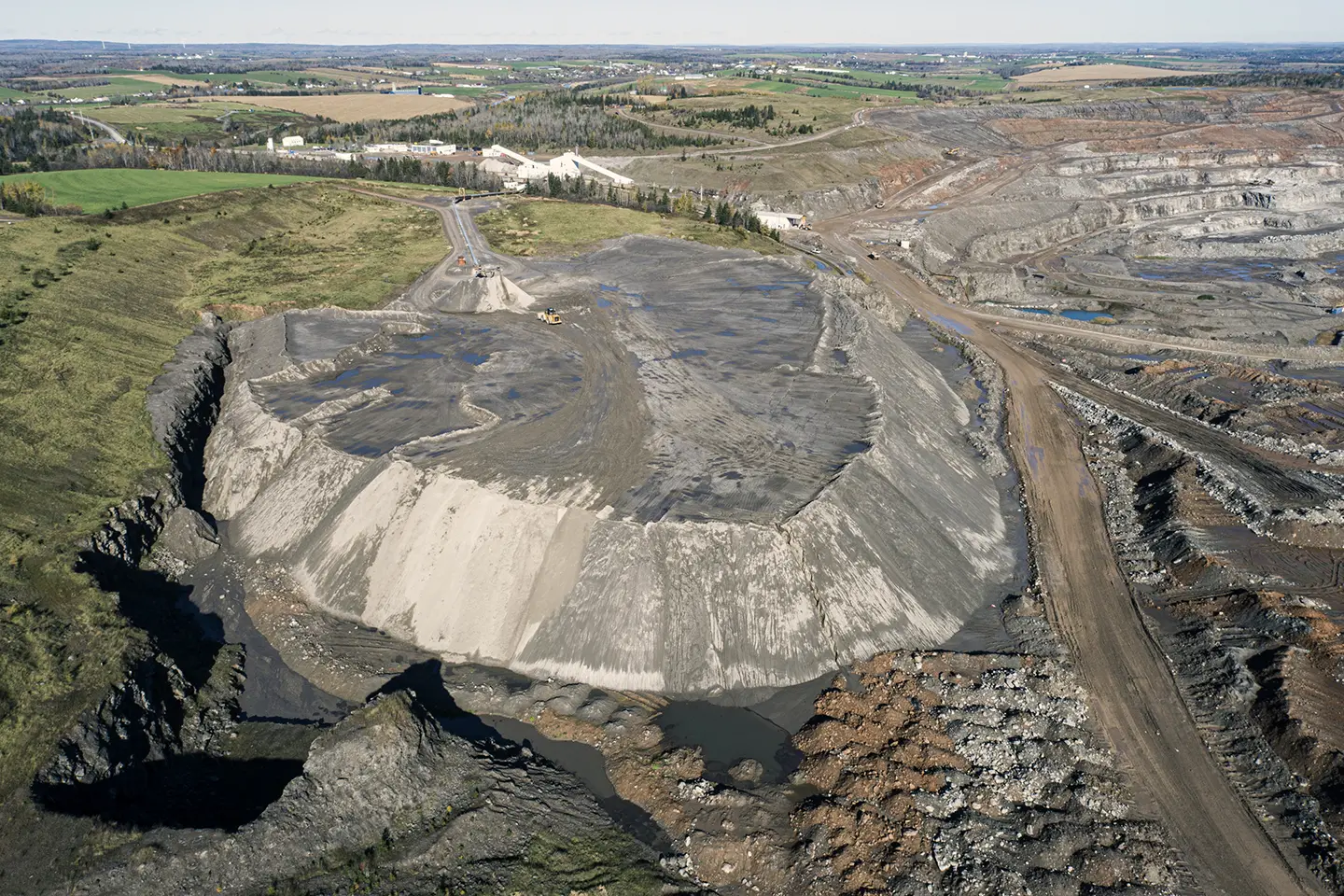Le gouvernement fédéral publie la Stratégie sur les bâtiments écologiques

On Tuesday, the Honourable Jonathan Wilkinson, Minister of Energy and Natural Resources, released Canada’s first Green Buildings Strategy. The Canada Green Buildings Strategy (CGBS) is meant to drive energy efficiency improvements in Canadians’ homes and buildings, with a key focus on addressing affordability and reducing greenhouse gas emissions.
The Strategy notes that Canada must retrofit and upgrade the 16 million homes and half a million other buildings standing in Canada today, most of which will still be standing in 2050. It also stresses the need to ensure that new buildings are built in ways that align with Canada’s net-zero emissions target. As such, the CGBS aims to:
- Accelerate retrofits of existing buildings;
- Ensure Canada is building energy-efficient, climate-resilient and affordable buildings from the start; and
- Seize the economic opportunities associated with more efficient and lower carbon building materials and technologies.
The CGBS was developed over more than two years with significant input from industry, NGO’s, other levels of government and Indigenous communities. The CGBS does not, however, announce new funding measures or provide a roadmap for a step-change in emissions reductions trajectory in the built environment. Instead, it serves mainly as a summary document for the commitments that the government has made to support energy retrofits to date. Commitments highlighted include:
- As announced in Budget 2024, the Canada Greener Homes Affordability Program (CGHAP) is a $800-million retrofit program that will support low-to-median-income Canadians, including renters, to reduce their monthly energy bills by upgrading their homes.
- The Oil to Heat Pump Affordability Grant (OHPA), was launched in 2022 by the federal government to support low-to-median-income households and to complement existing provincial and territorial programs that help Canadians switch from oil heating to a heat pump.
- The Canada Greener Homes Grants program was launched by the federal government in 2021, to support Canadians to retrofit their homes to increase energy efficiency with up to $5,000 in grant funding for eligible investments. The program closed intake in February 2024 to new applicants but has received over 615,000 applications.
- The Canada Greener Homes Loan provides an interest-free loan of up to $40,000 with a repayment term of 10 years, open to all homeowners.
- The Green Municipal Fund (GMF), administered by the Federation of Canadian Municipalities, combines funding and capacity building to deliver clear environmental, economic and social impact in Canadian municipalities.
- As announced in Budget 2024, the federal government has committed $30 million to continue developing a National Labelling Approach. The Government of Canada will build on its existing EnerGuide Rating System for homes by working closely with provinces, territories, municipalities, Indigenous communities and other housing sector stakeholders to develop a suite of common labelling standards, tools and guidelines which will support home labelling initiatives across Canada.
- Budget 2024 announced the launch of a new $6 billion Canada Housing Infrastructure Fund to accelerate the construction and upgrading of housing-enabling infrastructure, such as water, wastewater, storm water and solid waste infrastructure to enable new housing supply and help improve densification.
- The Greener Neighbourhoods Pilot Program (GNPP) explores new ways to decarbonize large clusters of affordable housing.
- The Canada Greener Affordable Housing Program (CGAH), administered by the Canadian Mortgage and Housing Corporation (CMHC), funds low-interest repayable and forgivable loans to help affordable housing providers complete deep energy retrofits on existing multi-unit buildings through both pre-retrofit funding for planning activities as well as capital costs of retrofits.
- The Green Construction through Wood (GCWood) Program provides funding for demonstration projects that showcase the innovative use of wood, supports capacity building, research and development, technical guidance and associated code development priorities.
- The Affordable Housing Fund is one of the core programs of the National Housing Strategy, which provides capital to partnered organizations for new affordable housing and the renovation and repair of existing affordable and community housing.
On the regulatory side, key commitments include:
- Promoting energy efficiency through the ENERGY STAR and EnerGuide program for products and homes.
- The Government of Canada commits to introducing a regulatory framework that will allow the phase-out of the installation of expensive and polluting oil heating systems in new construction, as early as 2028.
- Between 2024 and 2026, new amendments to the Energy Efficiency Regulations are planned, which will see the update or addition of energy efficiency or testing standards for a series of energy-using products including air conditioners, heat pumps, gas-fired furnaces (commercial) and storage water heaters, as well as electric and oil-fired water heaters (household).
- The over $70M per year Energy Innovation Program funds research, development and demonstration projects, and other related scientific activities, targeting the most impactful technologies, including those related to buildings, to maximize environmental and economic outcomes.
- NRCan’s CanmetENERGY labs conduct buildings-related R&D to improve building energy systems, develop pathways to carbon-neutral housing and buildings, and advance energy technologies.
- The Greening Government Strategy (GGS) seeks to reduce environmental impacts associated with Government of Canada’s operations.
The CGBS is meant to move forward a comprehensive approach to enhancing energy efficiency, saving Canadians money on their energy bills, creating good jobs in communities across the country and reducing GHG emissions from buildings. It serves as a good state of play in terms of government supports and efforts towards accelerating retrofits. There is still work to be done, however, to ensure that Canada is living up to its energy system transformation ambitions.


